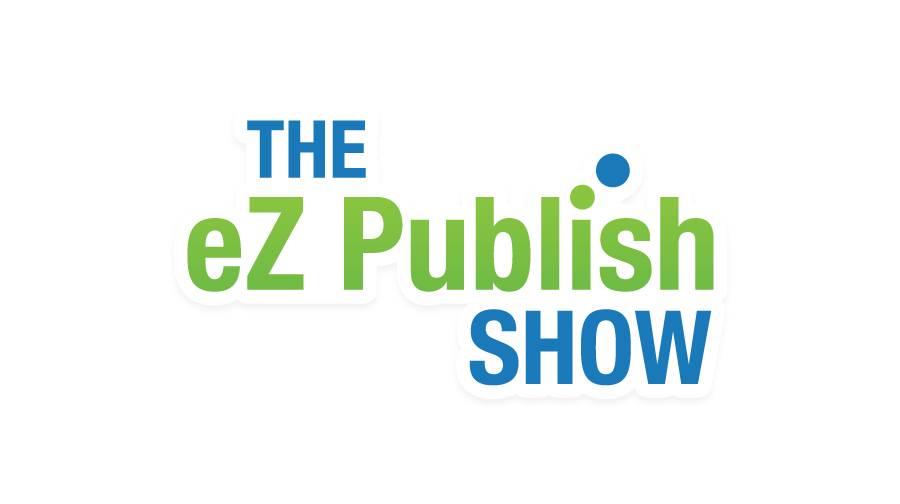As announced on the eZ community site, in this episode I had the chance to host two great CMS experts and analysts to talk about the Editor Experience (EX):
- Bryan Ruby from CMS Report
- Marianne Kay from Digital Clarity Group
To start the discussion, I asked them a bit of an awkward question: Did modern CMSs sacrifice good editor experience for improving customer experience?
Here are some takeaways from the chat that followed afterwards:
- Customer Experience (CX) gained importance as it has more tangible value for the business. It can be easily measured and proven with numbers. Marianne stated that 86% of the clients are likely to pay more for better CX.
- In a way, the clients dictated the features of CMSs through selection processes as it was simpler to filter down vendors based on a “yes/no” feature lists than to differ them based on the editor interface ease of use.
- Features for the external users (customers) are perceived as more important and critical than internal users (editors), which follows the terms “customer is the king” and “customer is always right”.
- Today, ease of use is actually something that the client expects by default, both for the customers and the editors. The difference is that the customer ease of use is something that it tackled during the implementation, as opposed to editor’s usage which is related to the product itself.
- The EX (or more specifically poor EX) usually surfaces later on, when the project is already launched. It can be a heavy burden due to sensitive employee relations. Even if a newly implemented CMS has better editor usability, there is still a “can you make it like the old CMS” issue. People are reluctant to change. Business workflows also.
- The editor interface flexibility is very important. It needs to adapt to different scenarios, even for the particular client. It is advisable to do editor scenario testings during the selection process, especially around focal needs.
- Even though many vendors are improving the EX lately, there are still many situations where editors just find a better way of doing common tasks outside of the CMS. The best example is collaborating on a document in GDocs and just c/p it to the CMS when it is finished. They are circumventing the problem :)
By the way, I am happy to have successfully balanced the UK and US speeches :) And sorry for dodging Bryan’s question, need to be more quick-thinking next time :)
